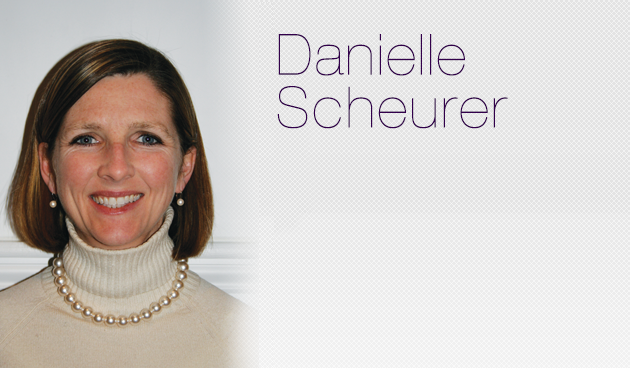I was filling out my absentee ballot the other day, feeling despondent and uninspired at the choices that lay in front of me. Sensing my despairing emotion about the upcoming election, my 12-year-old daughter asked me what most Americans have been struggling with for months. “Mom, out of 325 million Americans, this is the best we can do?”
I try to keep our kids informed about politics and leadership in the US and abroad (though admittedly, my husband is much better at this than I). We watch many of the debates together, and I try to explain leaders’ behaviors in ways that help them understand but that don’t taint their view of the humanity. Sometimes when I hear myself talking, I need to remind myself to believe what I am teaching my kids and to incorporate my own teachings into my own psyche! Here are a few key points I try to instill in my kids:
- There are no “good” or “bad” leaders, but of those that try, some are better than others. All humans are complex mixtures with imperfections and vulnerabilities; better leaders recognize and understand those imperfections and vulnerabilities and endlessly work to buffer those attributes.
- Leadership development is active work; there are no ready-made “natural born” leaders, and leaders don’t develop simply from a course. This development requires a commitment to consistently self-evaluate one’s thoughts and behaviors and reflect upon how to constantly improve.
- Leaders have to understand and be able to connect with people; they have to understand what drives, motivates, and inspires those around them to achieve common goals. A favorite quote: “If you want to run fast, run alone; if you want to run far, run together.”
So as I finished up my election ballot, I was reminded of my state motto: Dum Spiro Spero… “”While I breathe, I hope.”. I hope that all of our leaders (in or out of the White House) continue to learn and improve upon themselves in ways that inspire and motivate us toward important and common goals, and steer us away from childish bickering over superficial and mundane matters. One can hope… right??



Leave A Comment